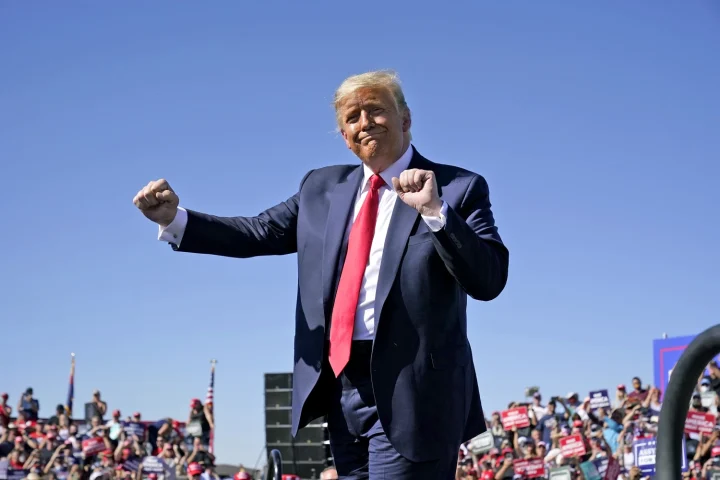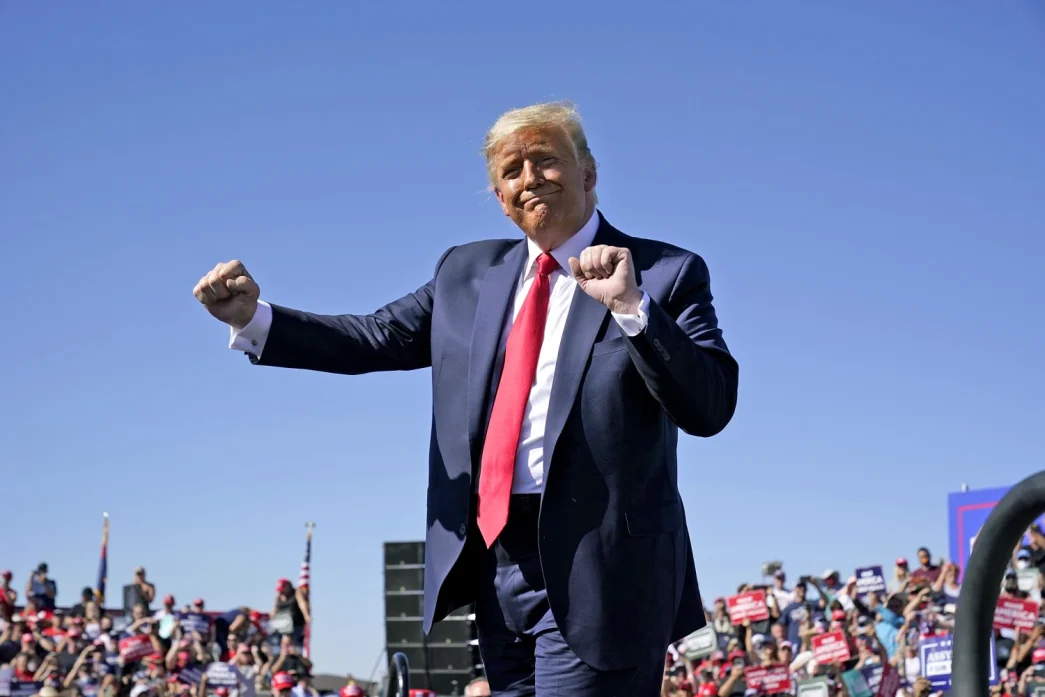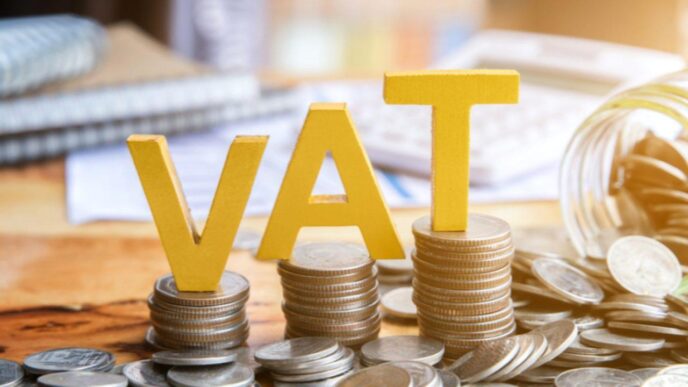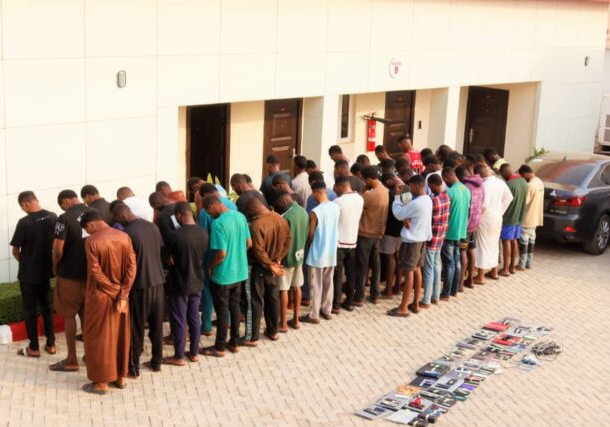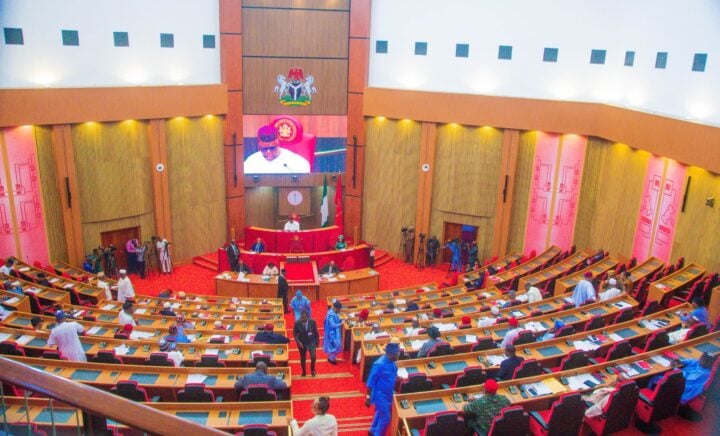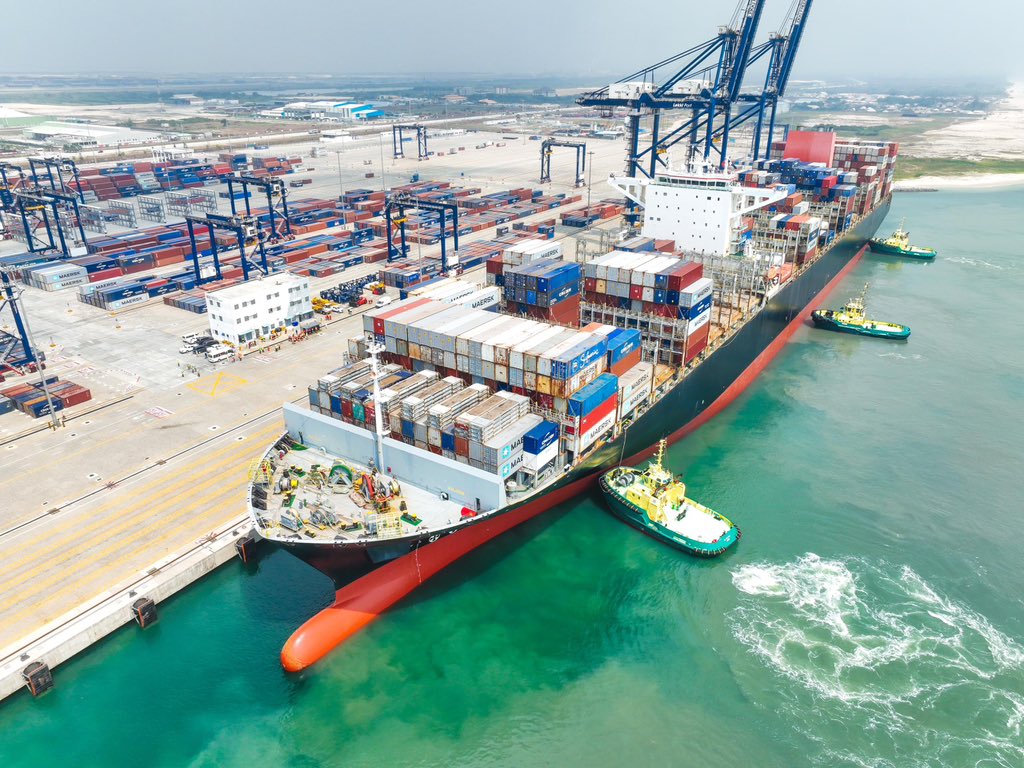Donald Trump. Photo credit: NBC News
Coming down the escalator in 2015, the entire globe was greeted with an ideology, though not entirely new to world politics but viewed as unpopular, not only in the political landscape of the strongest and wealthiest nation of the world, America, but in the international system. The ‘America First’ political philosophy championed by the 45th president of the US and the recently elected 47th president, Donald Trump, who made a political comeback unlike many in recent American political history, was for all intents and purposes, viewed as a populist perspective which seeks to somewhat discount international affairs and concentrate mainly on the local creed of the United States of America.
Whilst some experts see the ‘America First’ policy of Trump, which promotes ‘Americanism’ over ‘Globalism’ as querying why other countries would continue to live off the munificent largesse of the US, others examine it as America waging economic warfare on the global community or what some other commentators termed “economic statecraft” with the US taking her hegemonic foreign policy thrust to a whole new dimension.
Several discourses have been raging on the unpredictability of Trump’s second coming in global politics, especially regarding his inward-focused economic policy which no doubt carry intricate repercussions for international trade, where the US domestic narrative will greatly influence America’s relationship with allies and foes alike. A surfeit of pundits – political and economic, are already drawing on-the-ground insightful analyses and x-raying the implications of the Trump 2.0 which, fundamentally, has caused a disruption in world politics since Trump made an incursion into the US political framework.
This is a complete stark contrast to the globalist belief of a number of world powers especially in the West which attempts to understand the alliances of the modern world and that economic and foreign policy should be fashioned in such a way as to incorporate all the other nation-states rather than for the advantage of a lone nation.
Advertisement
With many drawing the parallels between Trump and fascism as he is viewed as being up in arms against the world with his policies, a handful around the globe expects the US policy to assume histrionic changes – on climate change, NATO and other transatlantic alliances, the Middle East unrests and the political tensions currently seething in that region, the protracted Russia-Ukraine war in Eastern Europe, the “One-China” policy in the Taiwan Straits?, etc, and more importantly, on the much talked about ‘America First’ policy – which is likely to result in a couple of radical challenges between the US and many nations of the world, and with the possibility of some bilateral relationships between the US and other nations heading into dire straits.
The Trump historic political resurgence is already shaking and reshaping geopolitics, with many countries across the globe starting to make preparations and adjustments ahead of his inauguration. Some push backs against this policy from some countries, especially from the US’s arch rivals in the Middle East and Asia – Iran and China respectively, are very much likely. The French President, Emmanuel Macron, who is seen as steering the global response to Trump’s re-election, is now inherently asking Europe to look inwards and drive policies that will lead to the continent’s self-sufficiency rather than its current over-reliance for support from the US.
At a gathering of European leaders in Budapest a few days ago, the Guardian News of November 7, 2024 reported how President Macron admonished his counterparts in the European Union to “grow some teeth or risk being eaten by ‘carnivores’”. He was quoted to have said, “We tend to think we should delegate the geopolitics to the United States, our growth model to our Chinese clients, and our technological innovation to the American hyperscalers. That’s not the best idea. I believe we can take control. For me, it’s simple. The world is made up of herbivores and the carnivores. If we decide to remain herbivores, the carnivores will win. And we’ll just become a market for them. I think, at the very least, it wouldn’t hurt to choose to be omnivores. I don’t want to be aggressive, I just want us to know how to defend ourselves on each of these issues. I don’t want Europe to become a great stage filled with herbivores that carnivores will come to devour whenever it suits them.”
Advertisement
The remarks of the French president, Emmanuel Macron, on how Europe can best respond to the second coming of Donald Trump by becoming an “Omnivore” – an organism that consumes both plants and animals, rather than its current “Herbivore” position where it is food for others, suggests to me that the continent of Europe has awakened to the reality in the geopolitical space and the leaders are very likely to take concrete steps to secure themselves against the super imposing posture of the US under the second Trump presidency.
Europe, like possibly other continents, is in full alert expectancy, earnestly putting structures in place to avoid being short-changed with the Trump’s second presidency. The question that is seriously begging for satisfactory answer is, who will wake up the economic giant in the African continent which has remained rather grim and its people appearing stoic for several years, especially with the return of a president of the free world whom many, rightly or wrongly, have described as the harshest critic of the African continent?
The African continent, for far too long, has been an economic deadwood, generating little to nothing in revenues but continuously running up debts, with our leaders, leading us on a wild goose chase and mortgaging the prosperity of the unborn generation in the process. Inspite of all these, many Africans are incredibly happy, yet desperately poor. Africa needs to seize on the opportunity to rededicate its resources and energy to focusing on improving its prospects, and the unhealthy comparisons at a critical time as this, when many Africans are picking up odd jobs anywhere possible just to eke out a living, is pointless.
There are a variety of reasons why Africa is bedevilled with poor growth. Our political leaders, knowing the ins and outs of the Trump 2.0 key policies, must know that it will no longer be business as usual – certainly not, may even grow much worse. The myriad of the economic problems and mismanagement, where we are literally depending on hand-outs as loans which takes a considerable amount of fiscal policy space with minimal results to show, and where several unelected bureaucrats are wielding so much powers and making so many unforced errors without consequences, and are equally not trusted by the people to do the correct things has put the African continent on the back foot and stirring up a hornet’s nest of questions.
Advertisement
Where has the mismanagement of the continent’s vast resources taken us? I would say in an awfully terrible state – or worse, and many of our leaders caught napping.
The reactions of most Africans are wide ranging and their expectations, quite rightly, is that our political leaders would stop impressing with polished speeches, latest political philosophy and political platitudes which often times have camouflaged cruel policies that further impoverish the people, but be up and about in churning out growth-enhancing policies, blueprints that will spur the economic catalysts of Africa like Europe, into an ‘omnivore’ necessary to stimulate exceptional economic growth and development. With Africa’s humongous deposits of minerals and a superbly flourishing human resources, there is a huge chance for economic freedom, and for our political leaders to build profound political capital if they could handsomely leverage on these resources to negotiate better terms for the continent.
It must be stressed that to address the core of the failure of the economic development in Africa which has been an assortment of wastes, frauds and abuses; the leadership deficit, lack of respect for the rule of law, lack of transparency and the systemic corruption which have been blustering must be tackled headlong. The continent requires leaders that are not just fiercely competent and resourceful, but leaders that are equally fiercely loyal to the continent, where its people are put ahead of others and our abundant resources used to promote the wellbeing of the people. This, in my opinion, is the best way to handle the likely ‘carnivorousness’ of the Trump’s second presidency.
In an enthralling speech delivered at the Djibouti parliament sometime in June, 2023, the Kenyan President, William Ruto ignited a surge of excitement among several Africans when he called for African nations to reduce their reliance on the US Dollars in consummating Intra-African Trade. Stressing the significance of promoting economic integration within the African continent and reducing dependence on foreign currencies, the Kenyan President was quoted to have said, “Traders from Djibouti selling to Kenya and vice versa have to look for US dollars. How is US dollars part of the trade between Djibouti and Kenya? Why?”
Advertisement
A good first step to achieve success is for our political leaders to talk less and listen more to the people. Undeniably, the people value their leaders – the right kinds though. It is hoped that they would not let up for a minute on germane economic policies like the African Continental Free Trade Area (AfCTFA), a trade agreement poised to inspire the African economy and end poverty, which clearly is a veritable trade platform to foster economic growth and integration in the continent. This should be warmly embraced and fully implemented by all the African nation-states.
We certainly do not need a telescope, microscope or even a horoscope to come to the full realisation that we have very serious problems we are dealing with in Africa which has resulted in untold drawbacks to the continent’s economic fortunes, and that no meaningful progress can ever be made to enable us compete with other continents without dealing decisively with them.
Advertisement
An African economic expert, Fadhel Kaboub, an associate professor of economics at Denison University, and the president of the Global Institute for Sustainable Prosperity, during a presentation, titled “The unfinished business of decolonising economic structures” emphasised the inherent deficits recorded by Africa in food, energy and manufacturing, and how the continent is now the place for cheap raw materials for the industrialised world which effectively locks the African continent on the bottom of the value chain. According to UN Conference on Trade and Development (UNTAD), Africa now imports eight five per cent of its food, meanwhile it used to be the food basket of the world several decades ago. He underscored that Africans now live in a world where “We consume what we do not produce, and produce what we do not consume.” Sadly! All these hurt the most vulnerable of the society according to him and forces governments into fiscal rascality.
If our political leaders would continue to shy away and not openly admit to the depth of problems confronting the continent, they certainly cannot deny it. Alas, many of the African political leaders are just critical after the fact and seem to know far more about the implications of a non-robust intra-Africa trade than they let on, with a majority having a field day because the generality of African citizens are remarkably passive about their plights and the hurtful misrule prevalent in the continent, and are therefore unable to effectually hold their leaders to accountability.
Advertisement
The economic integration and reduced dependence on foreign currencies to facilitate trade amongst African countries canvassed by the Kenyan president, William Ruto, has the capacity of strengthening the domestic currencies of African nations and by extension, improve their economic growth. Once the demand pressure moves away from the US dollars to the domestic currencies, the values of those currencies will spike. This will no doubt have a huge positive sweeping effects on several economies in Africa especially on an economy such as Nigeria, which is import-dependent. For example, the costs of goods and services will drop exponentially, and Nigerians will breathe a sigh of relief again after months of having to endure the crippling effects of the inflationary measures and a massive drop in purchasing power.
The African continent has massive untapped potentials, and is within a striking distance of emerging a very strong economic bloc as far as geopolitics is concerned. Nonetheless, this can only be achieved if all the sovereign governments in the continent can pursue the implementation of policies that would constantly put Africa first – stimulate the industrialisation and growth by investing in infrastructure in key economic sectors, increase investment outlay, reduce regulation to the barest minimum, enforce the inclusion of youths in governance, ensure political stability, eradicate illiteracy, etc. African political leaders have their work cut out to creatively help the continent chase the prioritisation of economic activity that is cathartic, and one that would serve as the foundation of development and prosperity required to shore-up the standards of living and wealth for a fast growing population.
Advertisement
Ande, a financial and political economy analyst, writes from Lagos and can be reached via [email protected]
Views expressed by contributors are strictly personal and not of TheCable.

